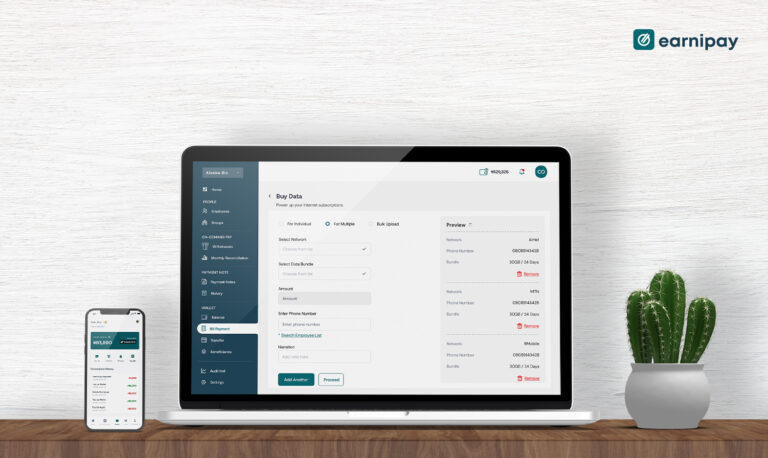Setting financial goals and seeing to their execution are two different ball games entirely. While it’s very easy to map out financial plans, adhering to them can be quite difficult. Achieving your financial goals can seem daunting, but with SMART planning, it’s possible to turn your dreams into reality. SMART is an acronym for Specific, Measurable, Achievable, Relevant, and Time-bound goals that are proven to enhance and crush financial goals.
How To Set SMART Financial Goals
Setting SMART goals is an essential step towards achieving financial stability, as it helps provide a realistic plan to hit targets & milestones while setting financial goals, to ensure progress. Moreover, they inspire short-term action that can make a significant impact on your financial well-being in the long run.
Here are the five steps to setting SMART goals:
- Be Specific: If you’re not specific with whatever you’re looking to achieve financially, the odds are tour plans won’t be seeing fruition. For instance, if you wish to save some part of your salary before the upcoming Christmas celebration, but you didn’t specify a clear amount of money to save, you’ll probably not adhere to your wishes, as you won’t be focused and motivated. “Clarity is the most important thing. I can compare clarity to pruning in gardening. You know, you need to be clear. If you are not clear, nothing is going to happen. You have to be clear,” says Diane von Furstenberg.
- Measure Your Progress: If you really intend to crush your financial goals for good, you should imbibe a great deal of measuring your trajectory. After you might have set a specific goal, do well to track your progress judiciously, as this will be really helpful for you sticking to your goals and getting back on track if you slip.
- Set Achievable Financial Goals: If you aren’t interested in spinning your financial wheels without really getting anywhere, you should make your goals as streamlined and simple as possible. It’s okay to dream big, and talk tough; however, you shouldn’t shy away from scaling your goals up or down based on your present capabilities.
- Make Your Goals Relevant: Relevant financial goals are those that align with your overall financial plan and reflect your priorities and values. It is important to set goals that are relevant to your current financial situation and that reflect your long-term objectives. When setting financial goals, you should consider your current financial situation, your income, expenses, and other financial obligation. If you set a goal that is too ambitious or unrealistic, it can be demotivating and will ultimately set you back. Consider your income, expenses, and other financial obligations when setting your goals to ensure that they are relevant and achievable.
- Set Time-Bound Milestones: If a sense of immediacy and urgency isn’t factored into financial goal setting, the odds are that goals wouldn’t materialize when they ought to. Setting a deadline creates a sense of urgency and motivation that can help keep you on track toward achieving your financial objectives. Without a specific deadline, it can be easy to put off taking action or procrastinate indefinitely.
Additionally, when setting deadlines, it is important to be realistic and consider your current financial situation. If you set a deadline that is too ambitious or unrealistic, it can be demotivating and ultimately set you back. Consider your income, expenses, and other financial obligations when setting your deadlines to ensure that they are achievable.
Final Note
In conclusion, SMART planning is a structured approach that can assist you in achieving your financial goals. By adopting this method, you can create a plan that leads you towards financial success while taking control of your finances.





Leave a Comment